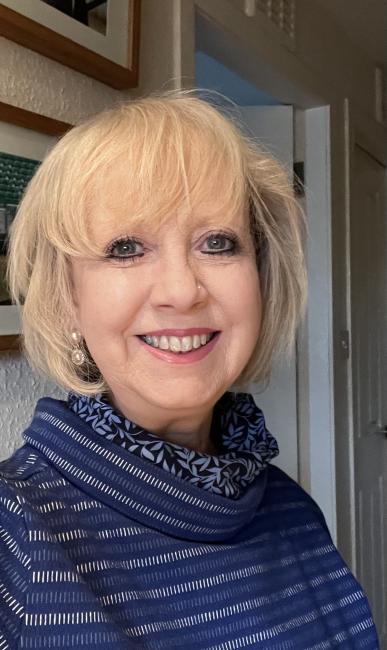If not inclusion, then what: and what might this mean for gifted education?
Professor Margaret Sutherland, University of Glasgow, Scotland

PRESENTATION OF ABSTRACT
In 1994 the Salamanca Statements called for inclusive education. Since then, establishing inclusion and inclusive education have become the goal of many countries across the globe. Much attention has been paid to the underachievement of those with disabilities, those living in poverty or those who struggle with learning for example, and often in the belief that “the gifted” have no such problems with learning. This is contrary to what is stated in the Salamanca Statements where the “gifted” are specifically mentioned. In this paper we will argue that both the fields of inclusive education and gifted education must take responsibility for this situation. We will contend that hitherto, well known figures in inclusive education have not specifically addressed the issue of gifted learners while simultaneously the field of gifted education has not fully engaged with inclusive education. While there is potential for the fields to come together to make learning better for all, we will examine whether current trends in education mean this is less or more likely to happen. Inequality is increasing in society and there are many concerns about social equality in education and the potential polarisation of society. These continued inequalities in income, healthcare, water, sanitation, life expectancy and education present a worrying trend with inclusion as a concept being called into question. The paper will conclude by arguing that the field of gifted education needs to step out of the silo and engage in meaningful ways with special and general education if we are to avoid education retreating to a deficit model that focuses on problems, exclusion and division. A retreat to the past and away from inclusion could well endanger the learning of all resulting in worrying consequences for society.
ABOUT PROFESSOR MARGARET SUTHERLAND
Margaret Sutherland is Emeritus Professor of High Ability Studies and Inclusive Practice in the University of Glasgow, Scotland. She has extensive teaching experience in mainstream primary schools, behaviour support and latterly in higher education, and so her work is primarily concerned with learning, teaching and pedagogy. She has published in the field of inclusion and gifted education and is best known for her practical books on being gifted and talented in the early years. Margaret serves on a number of editorial boards and is a Fellow of the Royal Society of Arts. She served for three terms on the ECHA committee and currently serves on the executive committee of the World Council for Gifted and Talented Children.

